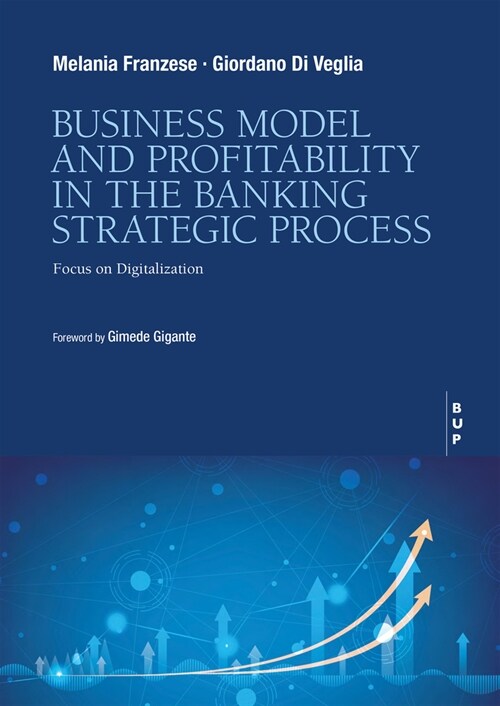The Federal Reserve Board, the Federal Deposit Insurance Corporation, and the Office of the Comptroller of the Currency announced that they will not take action related to restrictions under the Volcker Rule for certain foreign funds for an additional two years. The three federal banking regulatory agencies have consulted with the staffs of the Securities and Exchange Commission and the Commodity Futures Trading Commission regarding this matter.
Continue reading…
Gone are the days when organisations could simply promise a speak up culture. Today, fostering a culture of trust, integrity, and a positive work environment…
Download whitepaper














Best Practices in Law Firm Business Development and Marketing is a unique resource for law firm leaders, practicing attorneys, legal marketers, consultants, and educators who …
Continue reading…